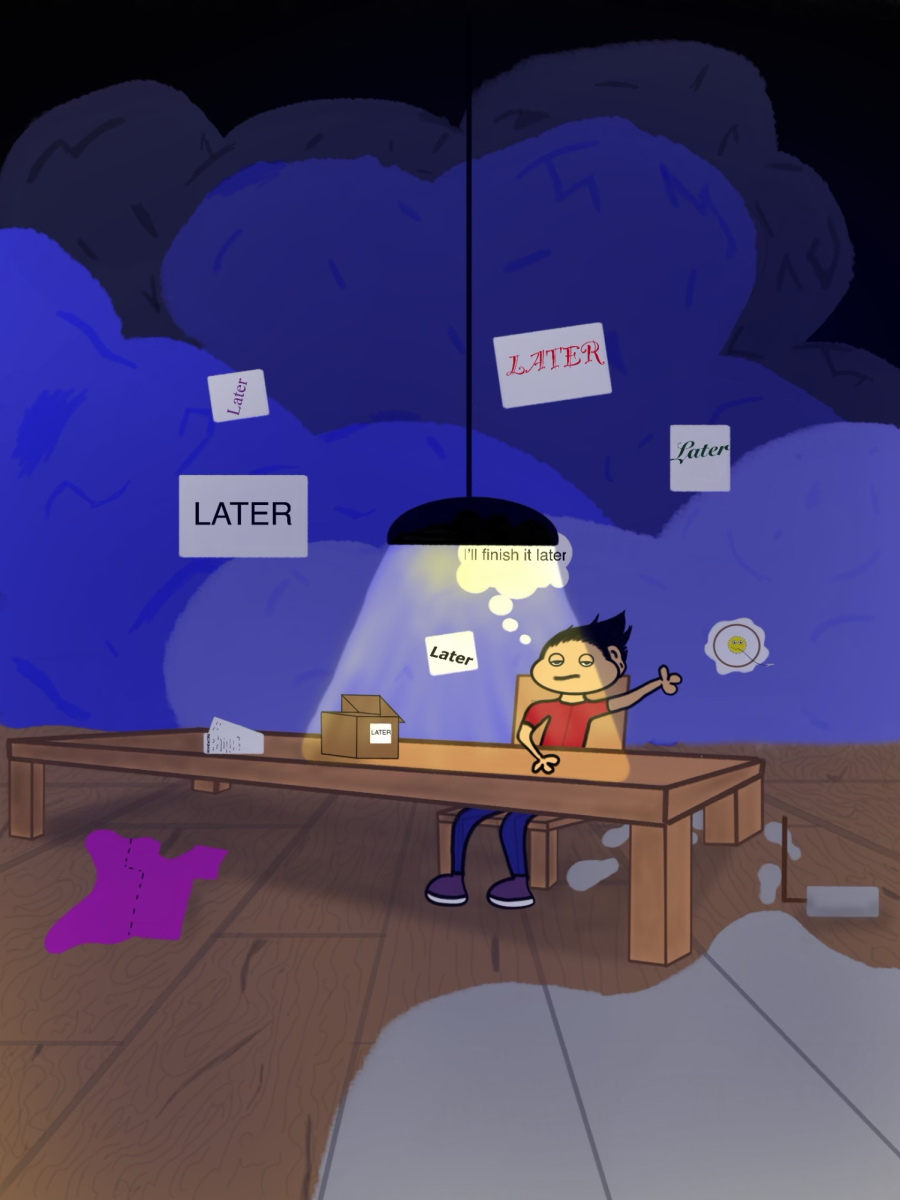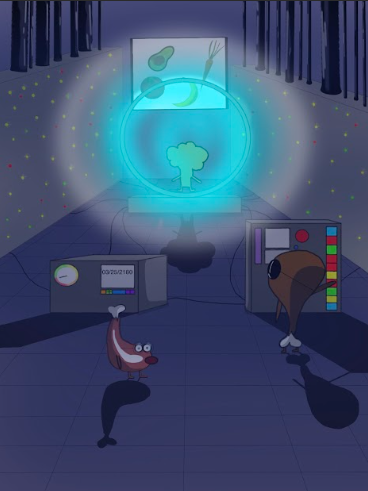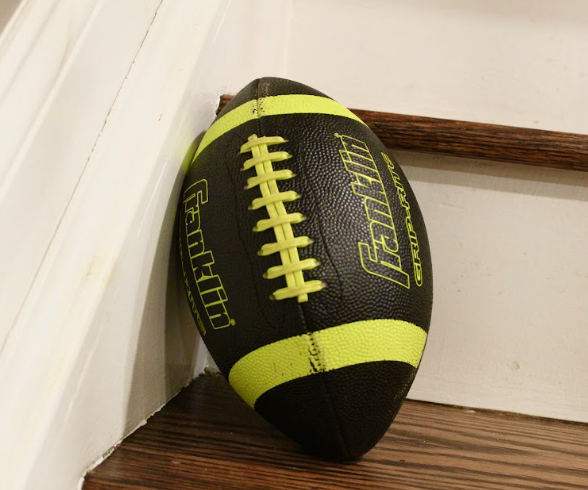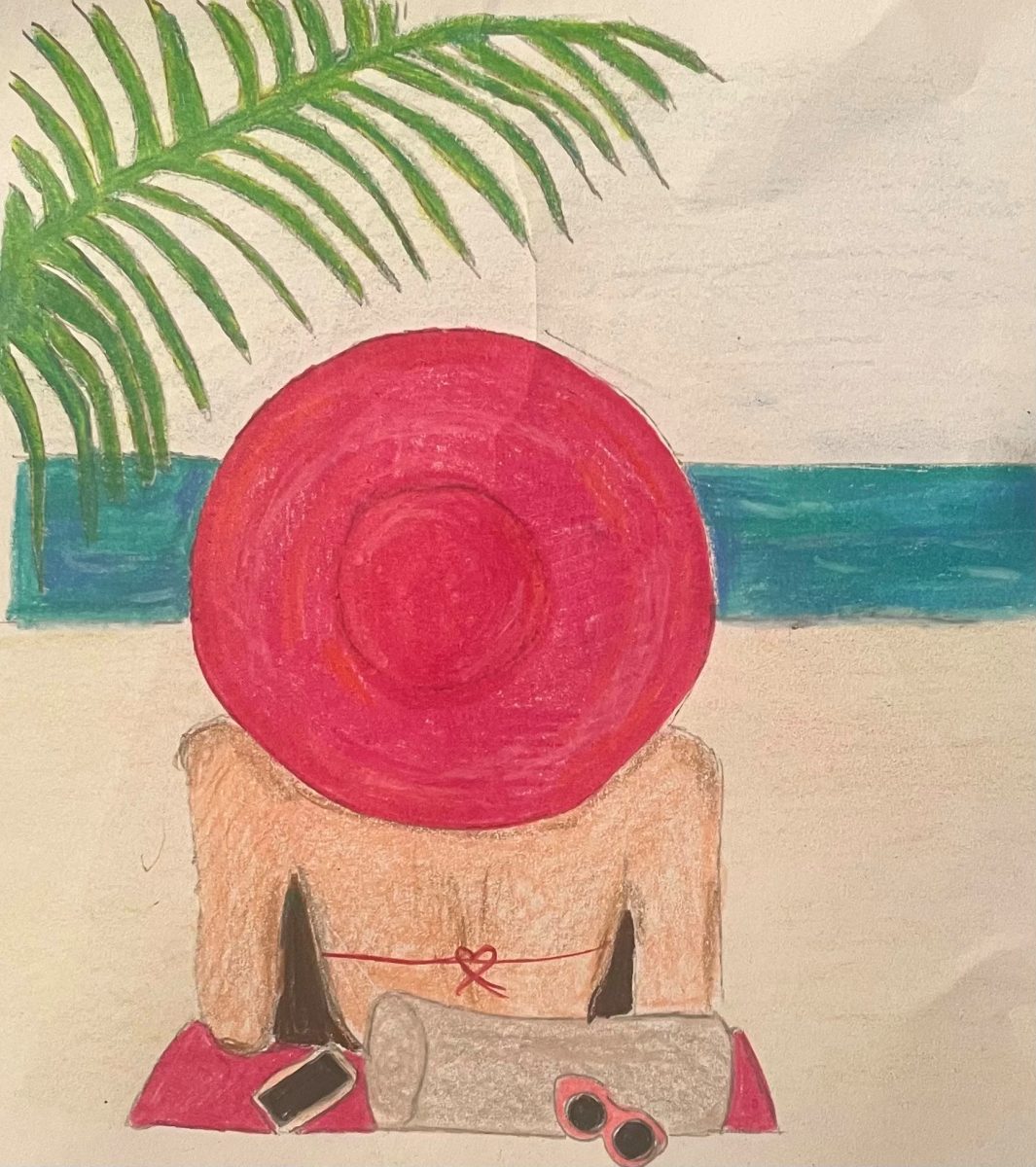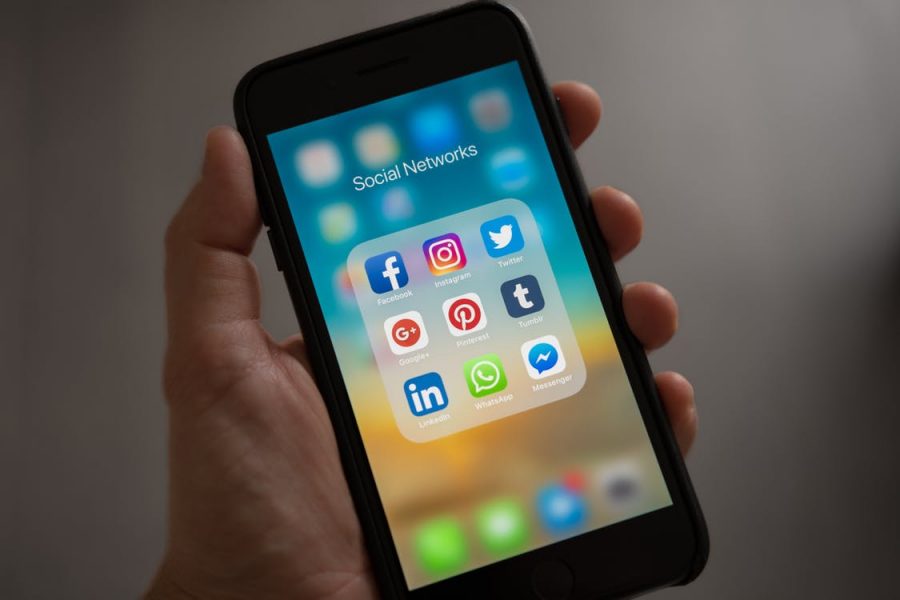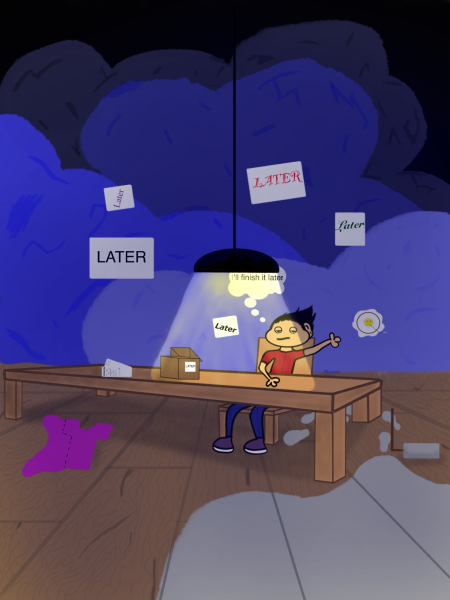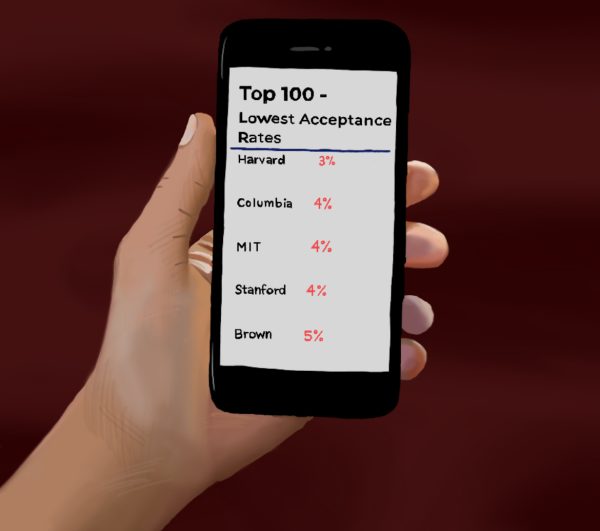Is There a Healthy Balance Between Technology and Reality?
Phones are everywhere. Technology is everywhere. This is a reality that is inescapable, and it dominates society. An increasingly noticeable trend is that as technological use increases, overall anxiety and stress increase as well. In this society, it is hard for people to strengthen their self-esteem and avoid comparing themselves to others. While technology provides the obvious benefits of “easy access” and a “vast expanse of information,” it takes a toll on people’s health both physically and mentally.
Some days, students stare at their tablets for six to seven hours at school alone. This alarmingly long amount of time is time not spent absorbing the information that only a human teacher can convey, and prevents students from truly acknowledging the presence of those around them. Therefore, social skills have progressively diminished since the introduction of the tablets. However, with a healthy balance between technology and reality, one can overcome the expected pressures of comparing yourself and not focusing on the importance of human communication. Junior Mikayla O’Hagan agreed saying, “I feel obligated to constantly check my phone and keep Snapchat streaks, and it takes the fun out of social media.”
So, how do we find this healthy balance between technology and reality? Apple recently came out with a new feature called “Screen Time” that allows you to know how long you are on your Apps each day. Just being aware of the time you spend on your phone can help you better manage your time and potentially decrease your need to constantly check it. Junior Madeline Doyle said, “Screen Time has helped me by making me more conscious of the time I spend on social media.”
Junior Kaylin Tephly also explained that “another way to create a balance is to be mindful of the environment you are in.” Talking to your friends at lunch instead of scrolling through miles of Instagram feed or putting your phone in a drawer for an hour to be productive after school can help ease the daily stresses of high-school expectations. Thinking about why you are reaching for your phone before getting it could help you reevaluate your reasoning for grabbing your phone.
Some people even take on the seemingly impossible “no-phone” challenge to see what life would be like on one extreme without phones. Knowing both extremes can help you better understand the times that are necessary to use phones. Junior Ami Carey says, “I try to stay off my phone when doing homework, so I can be more productive, have more time to relax, and spend time with the people I love.”
Overall, becoming more self-aware of the time spent aimlessly disappearing in the black hole of technology can help to reduce the pressure and stress technology brings on.






